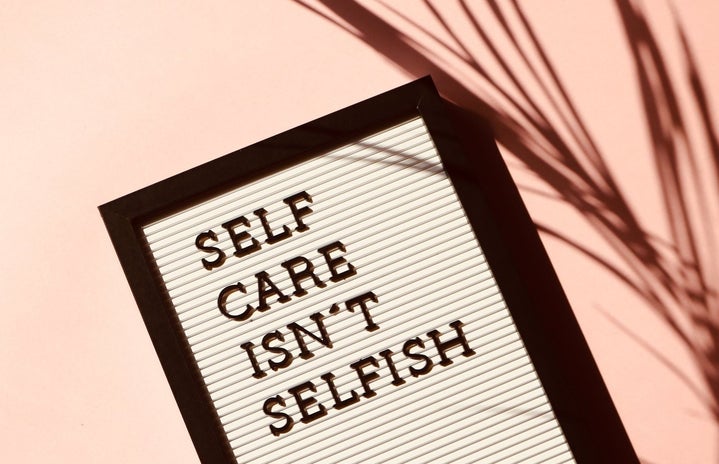From the moment we step foot on campus at the start of college, we’ve been told by every advisor, professor, and overachieving student that the best way to succeed in college is to get involved in every way possible. This is especially true for that lucky group of us that might be applying for medical school or other graduate programs, entering a competitive field or are simply overachievers ourselves. Racking up a long list of extracurriculars, work and volunteer experiences, etc. to put on our resume is crucial to stand out as a good student, all while also keeping good grades and not (completely) going off the deep end. Something less emphasized in college is also being able to say no when presented with opportunities. Learning to balance a variety of activities and being a well-rounded student is all well and good, but it won’t matter if you take on too much and are not able to properly commit yourself to the activities you take on. A handful of dedicated, meaningful experiences looks much better than a bunch of half-done experiences that were only there to boost your resume. So how and when do you say no when you just can’t add more on to your plate?
- Set a limit for yourself and stick to it
Before you start a new semester at college or begin a new job, take some time to figure out the absolute maximum amount of hours you want to be working during the week, and how much time per day you want to dedicate as “you-time”. You-time does not involve time off class spent doing homework or studying- it’s dedicated time to do something that takes some of the pressure off. No matter how appealing every new opportunity looks, be careful not to break the limit you set for yourself and sacrifice the time you have in your day to yourself or to spend with friends (don’t forget that just because you don’t have time to do something now doesn’t mean you’ll never have time to do it in the future!).
- Think about how an opportunity will impact you
If you’re worried about regretting turning down an opportunity (where are my FOMO girlies at??), take some time before you commit yourself to anything to think about how this experience will impact you. It doesn’t necessarily have to impact your future career or academics to be important, but simply something you know you’d enjoy and you’re interested in learning more about. If the experience sounds like something that might look good on a resume, or something you want to do because all of your friends are doing it, but won’t bring anything meaningful to your time at college and might just end up eating away at free time, it’s probably worth saying no to.
- You don’t need a reason or an apology
Turning down an opportunity, whether professional or not, can be intimidating- you don’t want to let anyone down or lose out on potential connections or experiences, but you know that it’s in your best interest to say no. While it might make you feel better to apologize profusely and/or explain every reason why you have to say no to someone, it’s easier to set boundaries for yourself in the future by not always giving a reason or an apology. You don’t need to apologize for putting yourself and your well-being first, and you only are convincing yourself that it’s wrong to do so by apologizing for turning something down. In some cases, it might be appropriate to give a brief reason as to why you have to turn something down, but you don’t have to justify or explain making quality time for yourself a priority.


